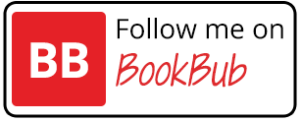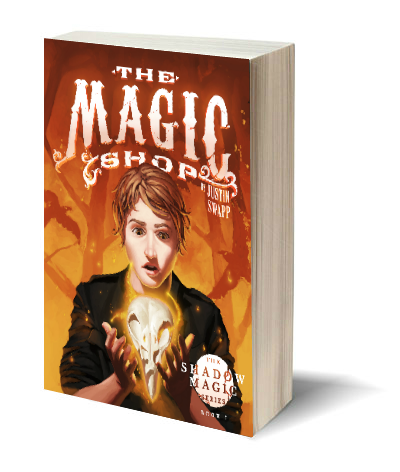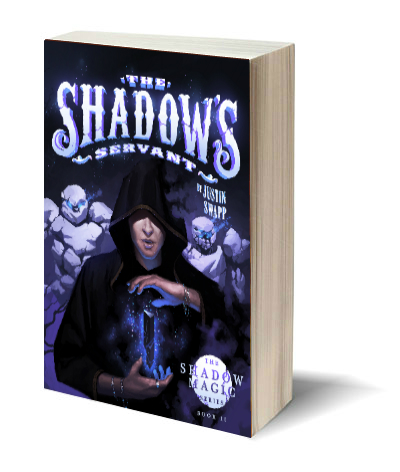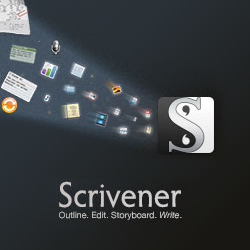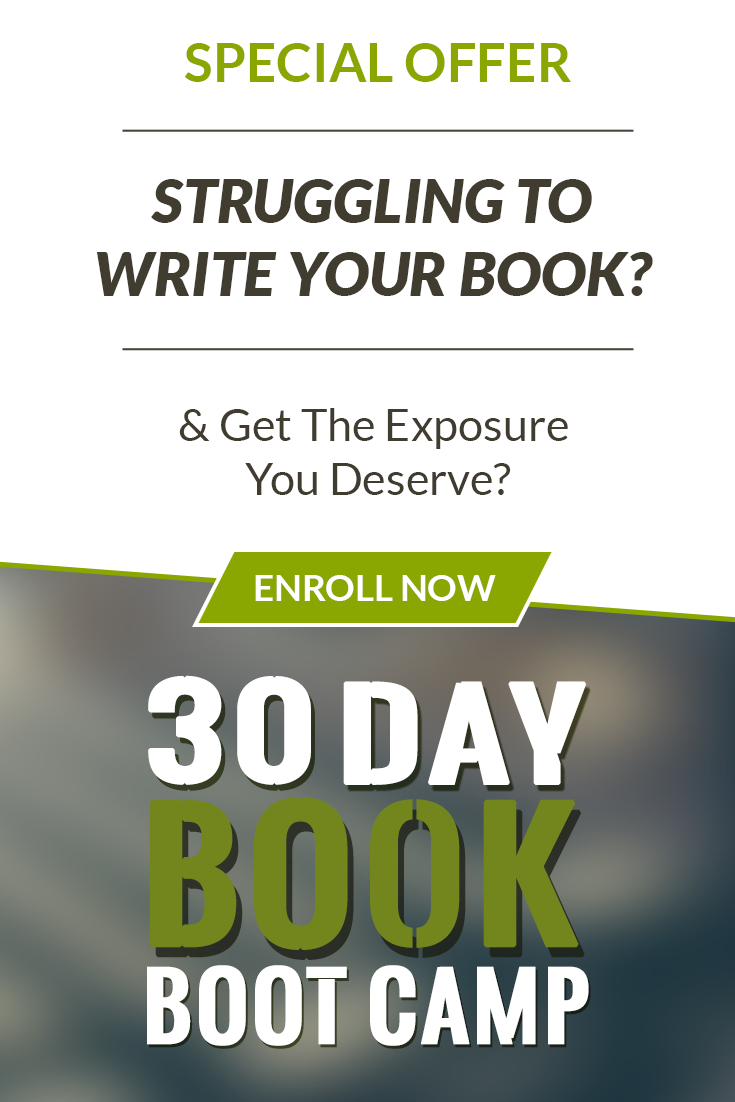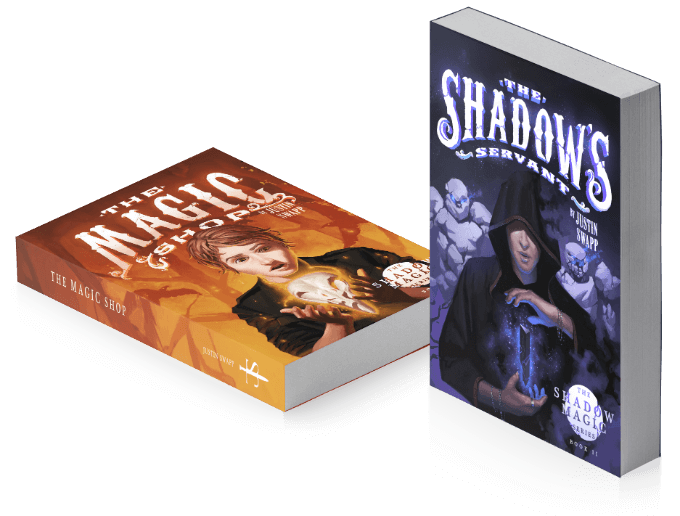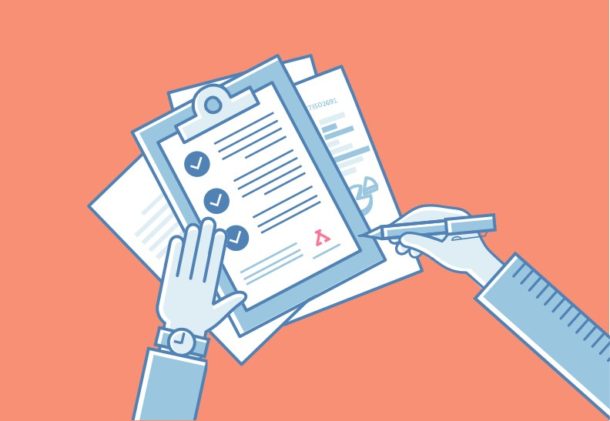 I was recently interviewed among a handful of other Crimson Pact Authors. I’ve included the interview below, but if you’d like, you can visit the original page on AlliterationInk’s site here.
I was recently interviewed among a handful of other Crimson Pact Authors. I’ve included the interview below, but if you’d like, you can visit the original page on AlliterationInk’s site here.
Roundtable interview with ten of the Crimson Pact Authors!
As Halloween, All Saint’s Day, All Souls’ Day, and the Day of the Dead swing by, how better to celebrate than demons? Or at least, getting into the heads of authors who brought you the demons of The Crimson Pact. We’ll be running this interview in four parts through Saturday… and check out down at the bottom for a special deal! Participating in this roundtable interview are ten authors, who between them have stories in all four volumes of The Crimson Pact. After reading the interview, stop by their blogs and websites and say hi! The authors in this roundtable are (in no particular order): Chanté McCoy,Elizabeth Shack, JM Perkins, KE McGee, Justin Swapp, Michaele Jordan, Rebecca Brown, Richard Lee Byers, Sarah Hans, and Stephanie Lorée. How do you cope with writer’s block? Sarah Hans: I don’t really believe in writer’s block. If I’m reluctant to write or unhappy with my current project because it has taken an unexpected turn, then I deal with that by taking a few days off and thinking about it until a solution comes to me, and then I return to the project with fresh eyes. Or, if the deadline is coming up, I just power through and keep writing. A lot of writers will tell you to write every day, but I find that makes me miserable. I only write when I have something to say. I frequently take a week or two off from writing if I’ve got too much else going on. Elizabeth Shack: So far, I’ve had no reason to believe in writer’s block. Maybe it’s my journalism training—when you have to fill 10 inches, you have to write 10 inches. Not inspired? Stuck? Too bad. I also juggle multiple projects—short stories and pieces of a novel—so I can jump around when I need a change of gears. Eric Bosarge: What’s that? No, seriously, I’ve never had it last more than a day or two and, usually, if I don’t know by then, I force myself to write and find the answer as I go. Justin Swapp: Change. Writer’s block happens because something isn’t right. Maybe I don’t like something about my most recent writing. Perhaps I get down on myself. Maybe I read a negative review, and I begin to doubt myself. When that happens, I do something different. I try to identify what might need an adjustment, and I add the change. Also, I change what I do throughout the day. Maybe I drive to work a different way so that I expose myself to something new. Maybe I write in the evening instead of in the morning, like I usually do. I just start changing things. I might even just start writing something new. Typically that will get he juices flowing again. Michaele Jordan: I always have several things in process. When I get blocked on one, I jump to another. Sometimes I have to jump several times. Sometimes I have to start a new story. Occasionally I have to write a story about what’s going on in my life that is so thinly fictionalized I can’t use it. But I’m always writing something. Chanté McCoy: Staring at my computer rarely cures my moments of writer’s block. I become frustrated or bored, then wander off and do laundry. The best way for me to break through and brainstorm is to go on a hike by myself or to walk my dogs in the neighborhood. I hit on an idea and – by the time I return home – I have a scene practically written. Once I walk in the door, watch out: I’m hell-bent on getting those ideas on paper before they flutter away. Rebecca Brown: I’m not sure I ever get writer’s block – I’ll just keep reading and writing until _something_ ends up on the page… or else, I’ll take a break, do something else and come back to it. I’ll have blanks on a piece I’m trying to write sometimes. When that happens, I’ll do another quick project, maybe something in an entirely different style or genre. I’ll write haiku to get myself started some days, or sonnets. Limericks about people I know or things I’m going to do. Anything, as long as it gets me going. K.E. McGee: I pick the person in the room most likely to be a serial killer and write a short story about them. While writing, do you take drugs, smoke marijuana or drink alcohol to beef up your creative imagination? Why or why not? Sarah Hans: I write sober. I’m imaginative enough without it. Alcohol makes me tired and silly and easily distracted, which makes writing difficult. Michaele Jordan: No. I have no particular objection to altered states, but those are the wrong states for working. Elizabeth Shack: No. Two of those are illegal, and the third doesn’t help. Alcohol clouds my brain, and I need all the brain I can get. For beefing up my creativity, I prefer sleep. What are the most important attributes to remaining sane as a writer or editor? K.E. McGee: Is coffee an attribute? Elizabeth Shack: Patience, self-confidence, and being a natural optimist. I’d add perseverance, but that doesn’t help with sanity, only with getting the work done. Justin Swapp: Find the part that you love, and try to do that most of the time. For me, its being creative. I like to come up with the ideas, and to connect the dots. I like to create a sense of mystery. I hate editing though. When its time to edit, I try to motivate myself to get through it as quickly as possible by remembering that I want to get back to being creative again. I look for ways I can be creative in my approach to editing as well. Rebecca Brown: Sane? What’s that? I think it’s important to take breaks from your writing and remember that there’s only so much time you can devote to it. There are people who know me who will read that and demand that I listen to my own advice… But then, I never claimed to be sane, did I? Sarah Hans: I avoid reading the bad reviews, but when I do catch them, I take them as a challenge. I try to be better the next time. You can let the bad reviews and rejection crush you, or, as my friend Patrick Tomlinson says, you can let them hone you into something sharper. It’s easier said than done, obviously, but keeping that in mind helps me get back up after each fall. Rejections and bad reviews are, unfortunately, inevitable. Another tip: if opportunity doesn’t come to you, make your own. Reach out to other writers, editors, publishers to see what projects you can get involved in or start. Attending conventions is great for this, but twitter, facebook, and google+ can be great tools as well. There’s so much competition out there, you can’t wait to be discovered. You have to be proactive! How do you react to a bad review of one of your books? Michaele Jordan: Heavy sigh. JM Perkins: I’m not sure I know what you’re talking about… *cough*Try to cycle through the five stages of Grief as quickly as I can*cough*. Can you tell me about a time you worried that someone would recognize themselves as one of your characters? Rebecca Brown: I’m _always_ worried that someone will recognise themselves as one of my characters, even if the character isn’t based on them at all! If I’ve recently had a falling-out with someone, I’m very reluctant to write any character who is similar to them in case they think I’m taking out my frustrations through my writing – which I do, of course. It’s a creative _outlet_ after all. On the other hand, some of my friends know I’ve written characters based on them and they love it. Sarah Hans: I wrote a flash story on my blog called “The Cupcake Tattoo” and included an analog of my cousin. It was a very personal story, and I knew there was a chance she might be offended, but I told myself not to worry about it because I didn’t think she read my blog…well, apparently she does. Fortunately she found the story touching and left me a really sweet comment. It meant the world to me and opened me up to writing about my life, and characters that are more personal to me, which I think makes my writing better. So if you’re hesitating to write about your personal life, don’t. Tapping into those relationships and emotions can give your writing authenticity and resonance, and you might be surprised by the reactions of those whose likenesses you’re borrowing. Thanks again to all the authors in this roundtable: Chanté McCoy, Elizabeth Shack, JM Perkins, KE McGee, Justin Swapp, Michaele Jordan, Rebecca Brown,Richard Lee Byers, Sarah Hans, and Stephanie Lorée. Remember, this rountable interview goes through Saturday the third, just like the discount at Alliteration Ink! Use code ALLSOULS for 10% off your entire order of ANY eBook if you buy it directly from the Alliteration Ink digital bookstore (ePub/Kindle formats for all titles, many with PDF as well).


